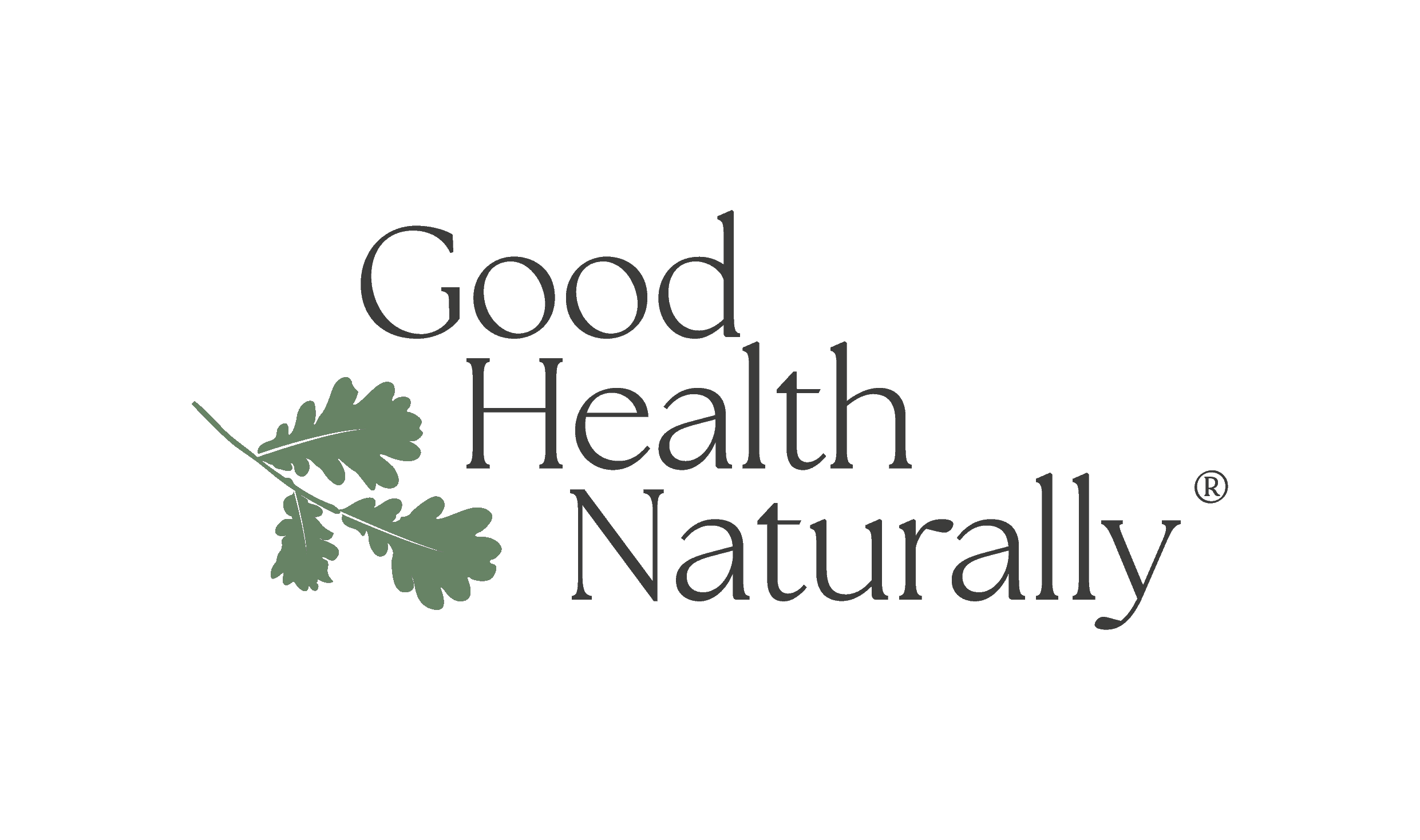The Benefits of Nattokinase Are Much More Than Cardiovascular
The benefits of nattokinase are many. While the cardiovascular benefits are already widely known, those for chronic inflammation, cognition and respiratory health, including asthma, rhinitis, and nasal polyps, are less so. However, recent research has shown these benefits are very real and offer much potential.
What is Nattokinase?
The story of nattokinase begins with natto, a dish deeply rooted in the traditional Japanese diet. Natto is made by steaming soybeans and fermenting them with the bacterium Bacillus subtilis. It is known for its sticky texture and unique flavour and has been consumed in Japan for centuries as a health-promoting food. The fermentation process not only enhances the nutritional profile of the soybeans but also produces nattokinase, the enzyme responsible for many of natto’s health benefits.
Dr. Hiroyuki Sumi, a Japanese researcher, discovered nattokinase in the 1980s. While studying natural fibrinolytic (fibrin-dissolving) agents, he found that natto’s enzyme had a remarkable ability to dissolve blood clots. This discovery sparked widespread interest in nattokinase as a natural alternative to synthetic clot-busting drugs, leading to further research into its broader health benefits.
Nattokinase belongs to a group of enzymes called serine proteases, which break down proteins. It plays several critical roles in the body, primarily related to its ability to break down fibrin, which is involved in not only blood clotting but also tissue repair. When fibrin accumulates excessively, it can lead to poor circulation, inflammation, and the formation of blood clots. By breaking down fibrin, nattokinase helps maintain healthy blood flow and supports the body’s natural healing processes. These unique fibrinolytic properties make it a valuable natural compound for improving circulation, reducing inflammation, and supporting overall wellness. In essence, fibrinolytic enzymes are considered antihypertensive, lipid-lowering, anti-atherosclerotic, and anti-platelet agents, which also have the benefit of demonstrating neuroprotective effects.
The Benefits of Nattokinase Are Many
The health benefits of nattokinase are diverse and backed by a growing body of research. Here are some of its most notable advantages.
As we’ve said, nattokinase helps dissolve excess fibrin, thereby improving circulation and reducing the risk of blood clots. These benefits can support heart and vascular health and may also lower the risk of stroke and heart attack. Studies have shown that nattokinase can also help reduce high blood pressure, further contributing to heart health. It can also help optimise cholesterol levels with no side effects.
Again, by targeting fibrin, which contributes to inflammation, nattokinase can help alleviate chronic inflammation, including arthritis and autoimmune disorders.
Improved circulation and reduced inflammation, in turn, help support a robust immune response and can enhance overall vitality and resilience by enabling the more efficient delivery of oxygen and nutrients throughout the body. Some promising research has even shown that nattokinase can help alleviate conditions related to BBB (blood-brain barrier) dysfunction, reduce brain inflammation, and improve cognitive ability. This research has implications for Alzheimer’s, Parkinson’s, Huntington’s, and overall cognitive health.
Perhaps less well-known about nattokinase is its ability to reduce the viscosity of mucus and other bodily fluids, improving flow and functionality. This makes it a valuable tool for respiratory conditions, helping to clear airways and improve breathing. This lesser-known property of the enzyme is worth further examining.
The Research-Backed Benefits of Nattokinase for Rhinitis and Asthma
Chronic rhinosinusitis with nasal polyps (CRSwNP) and asthma are common yet challenging conditions that significantly impact the quality of life. Traditional treatments often fall short. However, recent research highlights the potential of nattokinase as a novel and effective therapeutic option for these conditions.
A groundbreaking study investigated the effects of nattokinase on nasal polyps, nasal discharge, and sputum in patients with CRSwNP and asthma. It found that nattokinase could shrink nasal polyps by breaking down fibrin and reducing the viscosity of mucus in nasal discharge and sputum.
These results suggest that nattokinase addresses two critical factors in these conditions: excessive fibrin deposition and thick, sticky mucus. If mucus is too thick, it’s hard to remove, which promotes inflammation, blocked airways, difficulty breathing, and, as a result, polyp formation.
Background of the Study
CRSwNP is often comorbid with asthma and characterised by persistent inflammation, nasal obstruction, and excessive mucus production. Both conditions are notoriously resistant to treatment, making them challenging. Previous research identified excessive fibrin deposition as a key factor in forming nasal polyps.
In this study, the researchers incubated nasal polyp tissues from CRSwNP patients with nattokinase solutions at varying concentrations. They also tested the effects of nattokinase on nasal discharge and sputum from patients. The results showed significant fibrin degradation and a notable reduction in mucus viscosity, indicating the enzyme’s dual action on inflammation and mucus clearance.
In summary, nattokinase effectively breaks down fibrin in nasal polyp tissues, leading to a measurable reduction in polyp size. The enzyme also significantly reduced mucus thickness, improving airflow and alleviating symptoms in CRSwNP and asthma patients.
The study concluded that nattokinase could be a promising alternative treatment for CRSwNP and comorbid asthma.
These findings highlight the potential of nattokinase as a natural remedy for respiratory conditions. By addressing the root causes of nasal polyps and mucus buildup, nattokinase offers a holistic approach to managing symptoms and improving quality of life.
Conclusion
Nattokinase is a remarkable enzyme with wide-ranging health benefits. Its ability to break down fibrin and reduce inflammation has made it a popular choice for supporting cardiovascular health. However, its potential doesn’t stop there. More recent research has demonstrated its effectiveness in addressing respiratory conditions like rhinitis and asthma. This offers hope for patients with chronic, treatment-resistant symptoms. Further research is offering promise for blood-brain barrier conditions and cognitive health.
Nattokinase is a natural health solution that demonstrates the power of nature and science. Whether used to promote better circulation, reduce inflammation, or improve respiratory function, this enzyme is a versatile and valuable addition to a wellness protocol. As research continues to uncover new applications, nattokinase is poised to play an increasingly important role in natural health therapies.









